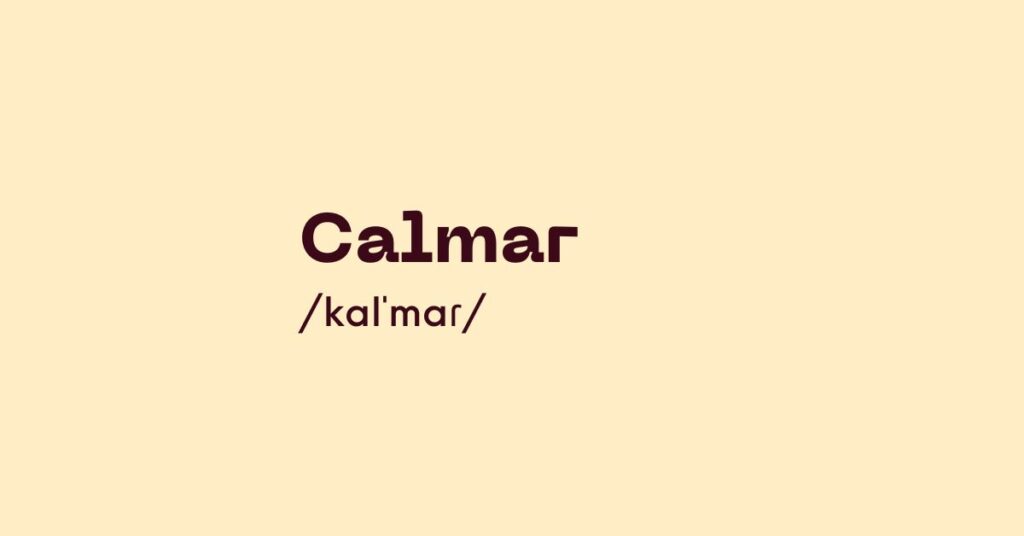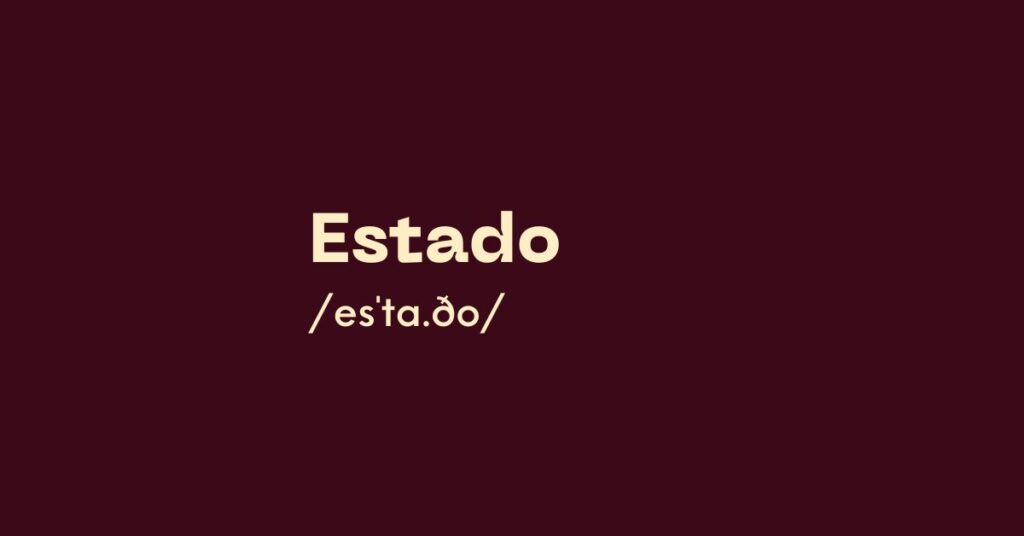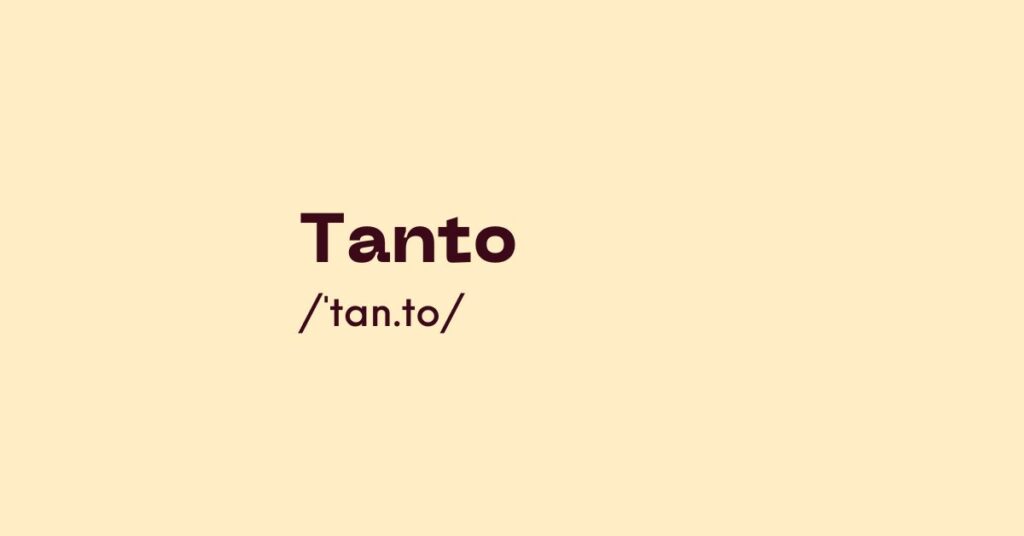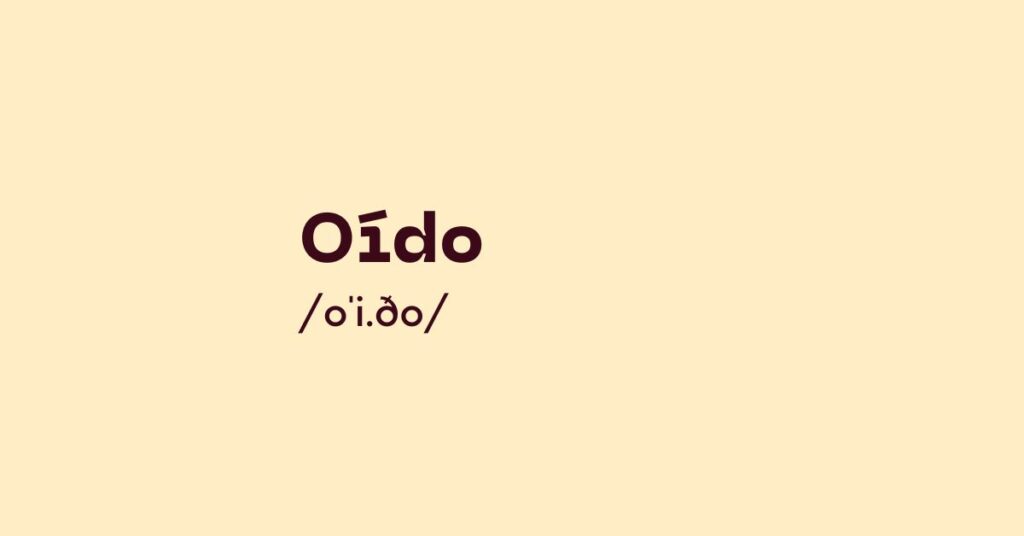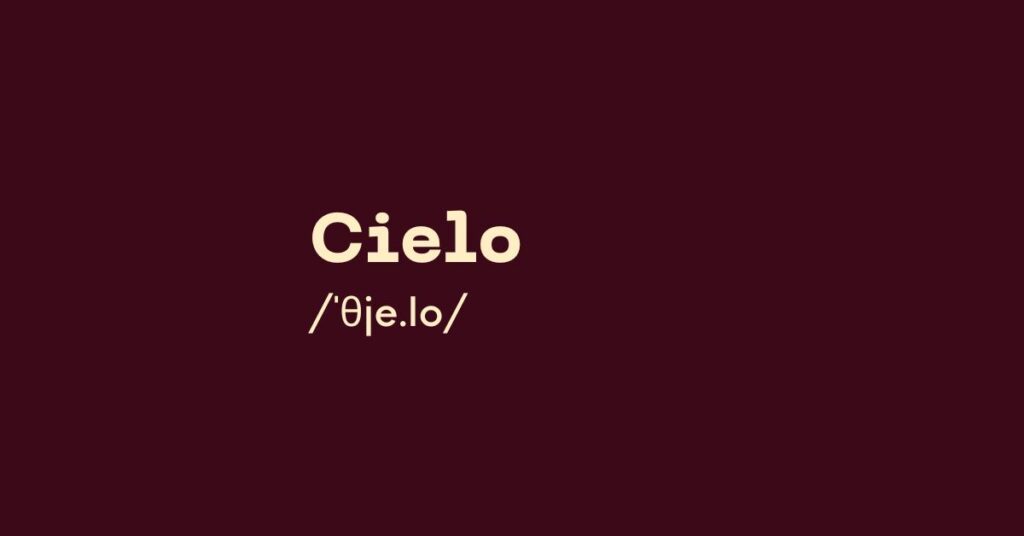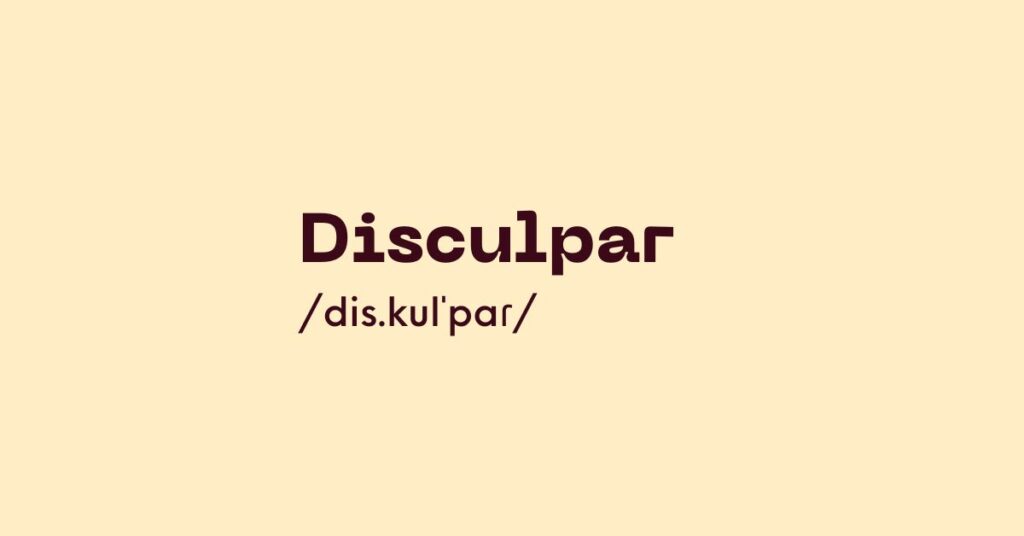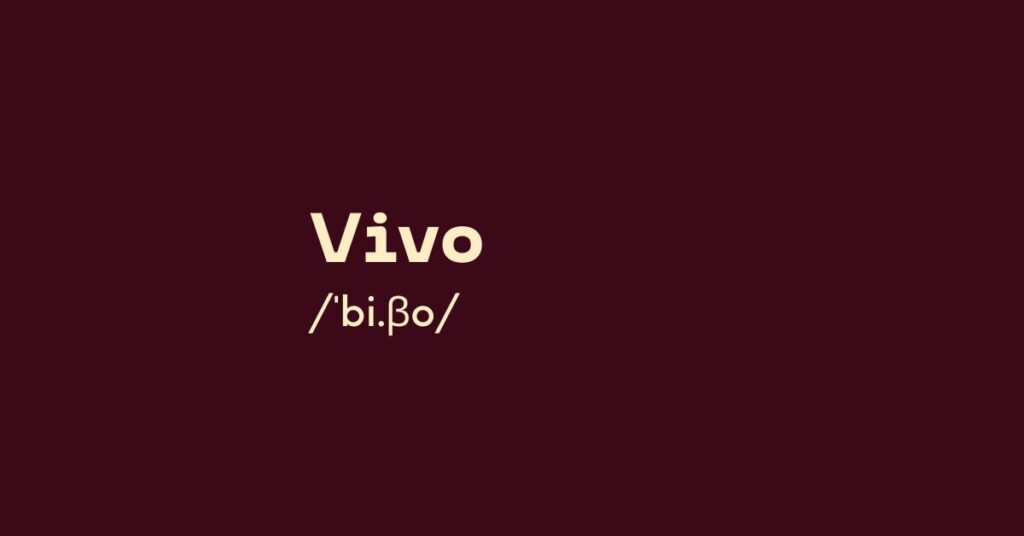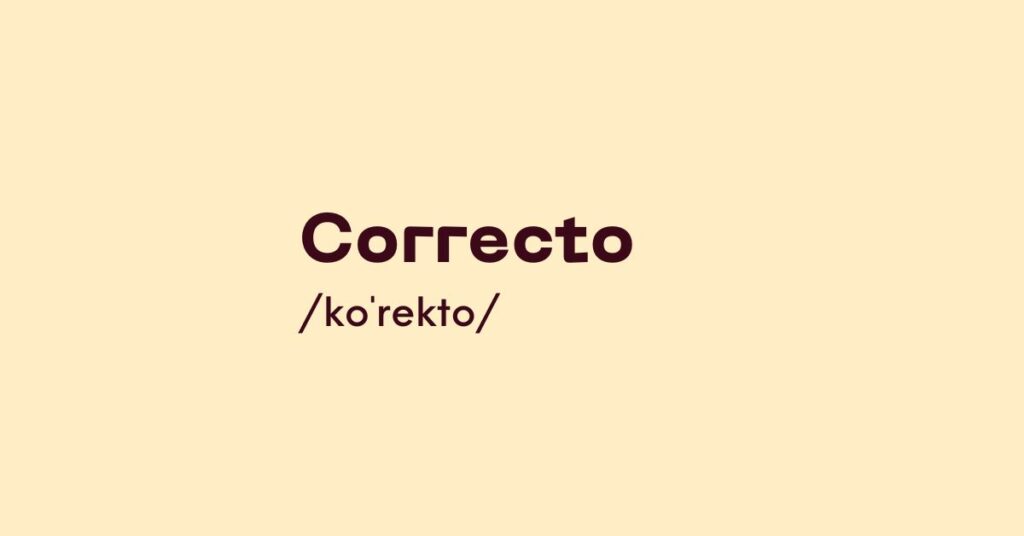Ahí
Today’s Spanish word of the day is “ahí”. It’s an adverb meaning “there”. Confusingly, Spanish has several other, very similar, words that also translate as “there”. However, they have slightly different uses. Here’s a quick summary: “Ahí” can also be used to refer to relatively recent moments in the past, similar to how the word […]

